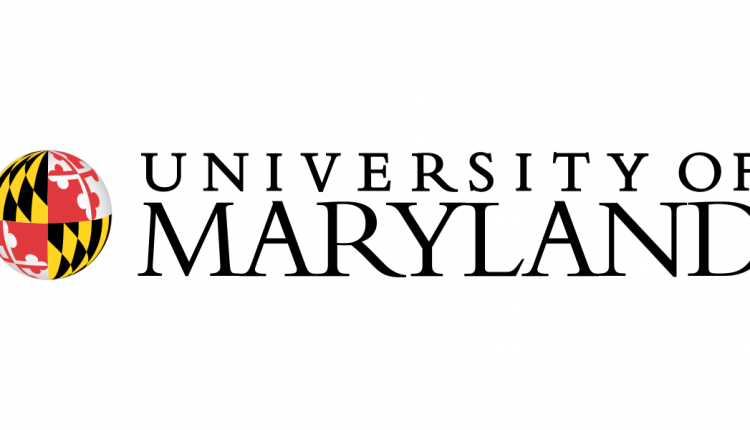University of Maryland: Two Professors Named Andrew Carnegie Fellows
Two University of Maryland professors are among 28 distinguished scholars and writers today named 2022 Andrew Carnegie Fellows, an honor that comes with a $200,000 award.
The Carnegie Corporation, a philanthropic organization, provides each fellow with the funding to produce major works or studies over the next two years that contribute to the social sciences or humanities. Sociologist Rashawn Ray and historian Sarah Cameron are the second and third UMD faculty members to receive the honor since its 2015 launch, following history Professor Richard Bell last year.
“I am elated and deeply honored,” said Ray, who is also executive director of the Lab for Applied Social Science Research at UMD. “But accordingly, I realize that this is just an additional step to keep doing the work.”
Much of Ray’s recent scholarship—from working with Google to develop virtual reality trainings for police officers to studying the impact of Black Lives Matter protests via a grant from the Russell Sage Foundation—concerns police reform; his research earned him an award earlier this year from the American Association for the Advancement of Science.
With his Carnegie fellowship, he plans to develop a national database that grades states’ progress on introducing and passing police reform legislation in line with the yet-to-be-passed George Floyd Justice in Policing Act.
His database will live on the website of the Brookings Institution, where he is a fellow and which nominated him for the Carnegie fellowship; it will be accompanied by a policy report, book and op-eds.
Cameron’s Carnegie stipend will support historical research on one of the 20th century’s gravest environmental catastrophes: the shrinking of the Aral Sea. Bisected by the border between Kazakhstan in the north and Uzbekistan in the south and once one of the world’s largest inland bodies of water, the sea began to decline dramatically in the late 1960s when Soviet officials directed large volumes of water toward cotton production, devastating communities in the region. Today, water levels in some parts of the sea are partially restored.
Chemists, hydrologists, geographers and others have developed a body of scientific literature on the Aral Sea, but she plans to publish the first complete book-length account of the causes and effects of the disaster based upon archival materials and oral history interviews.
Cameron also recently received fellowships for the same project at the Woodrow Wilson International Center for Scholars in Washington, D.C., and Princeton University’s Shelby Cullom Davis Center for Historical Studies, as well as a grant from the National Council for Eurasian and East European Research. Her first book, “The Hungry Steppe: Famine, Violence, and the Making of Soviet Kazakhstan,” won four book awards and two honorable mentions.
“I am thrilled and very grateful for the support of the Carnegie Corporation,” Cameron said. “This gives me the time and resources to do justice to a significant, understudied history that offers important lessons both for policymakers and the broader public.”

